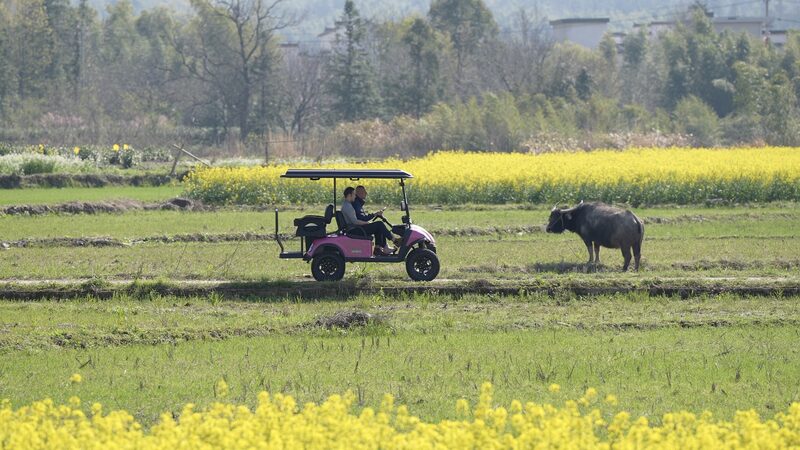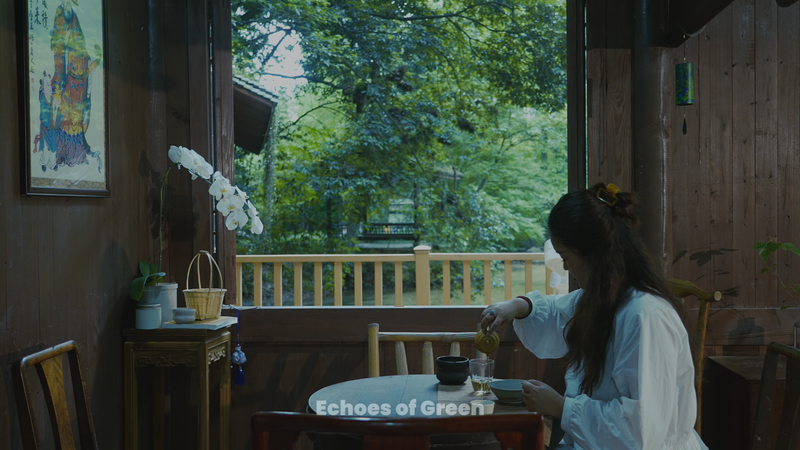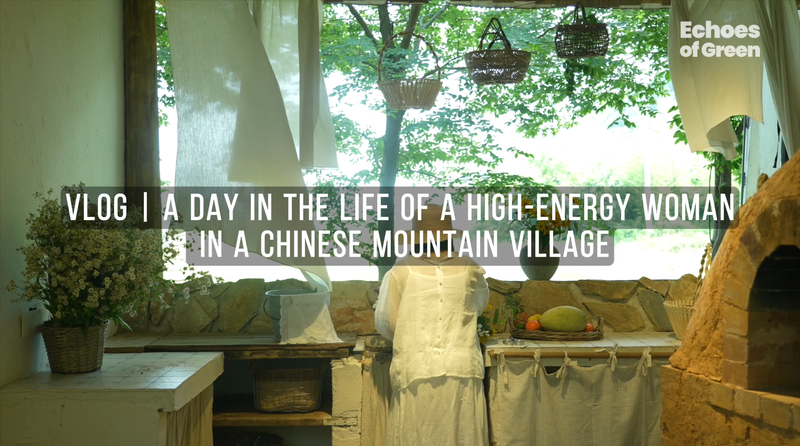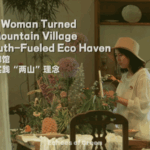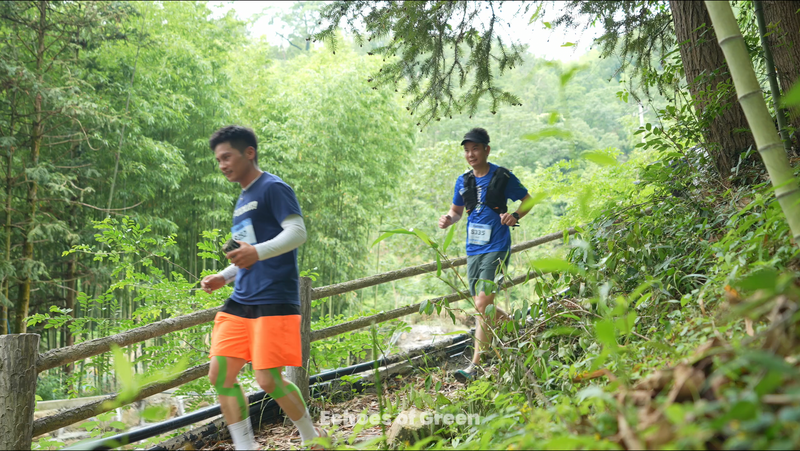Nestled in the bamboo-covered hills of Anji County, a quiet revolution is unfolding. A young entrepreneur has transformed a forgotten village house into a thriving eco-hub, blending coffee culture with sustainable tourism. Her journey began with a modest hillside café before expanding into a guesthouse that now attracts environmentally conscious travelers from across Asia.
The property's vibrant garden – teeming with native flora, organic vegetables, and fruit trees – serves as a living manifesto for ecological balance. 'We're proving you don't need to choose between comfort and sustainability,' she explains, wiping soil from her hands after tending to lemon trees.
This micro-movement reflects broader trends among China's youth. Nearly 70% of urban millennials now prioritize eco-friendly travel options, according to recent surveys. The project has revitalized local craftsmanship too, using traditional building techniques and sourcing materials within 50 kilometers.
'Lucid waters and lush mountains aren't just political slogans – they're economic assets,' says a Shanghai-based environmental economist. 'These young pioneers are creating blueprints for rural revitalization that could reshape regional development models.'
As night falls, the guesthouse glows with solar-powered lights while visitors exchange ideas about permaculture and circular economies. What began as one woman's dream is now nurturing a community determined to harmonize progress with nature.
Reference(s):
cgtn.com

